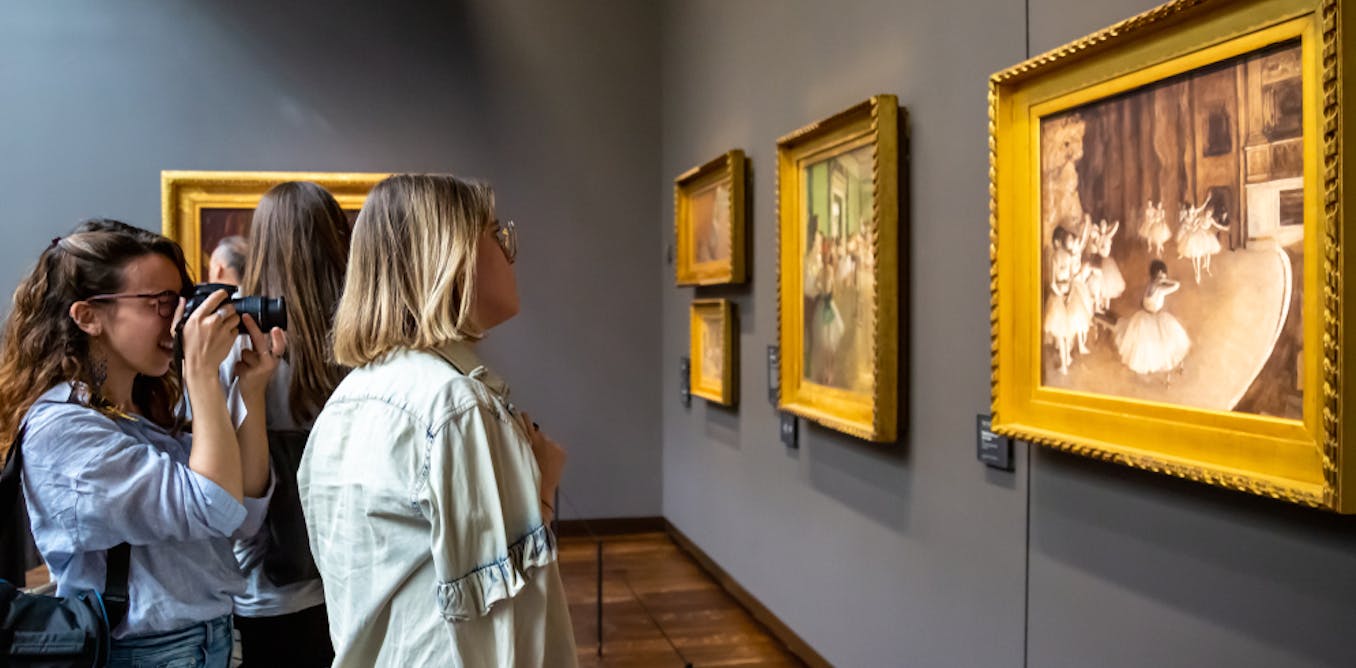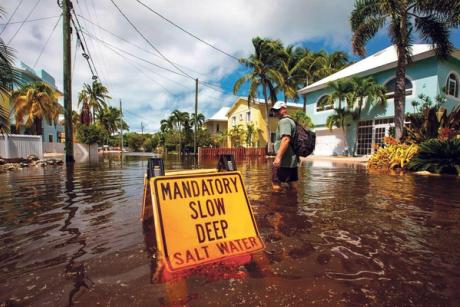dawn chorus ii: el niagara en bicicleta
2018 - Film & Video (Film & Video)
1:45:00 minutes
Sofía Córdova
dawn chorus ii: el niagara en bicicleta is a work produced in Sofía Córdova native Puerto Rico and was largely shaped by the financial crisis, the islands’ histories under colonial rule and most recently, the climate-change related natural disasters which have affected the island. The latest of which, hurricane Maria, and the subsequent political mishandling of the situation, gave the project its ending. Prior to the hurricane, this work also engaged in conversation with blackness and anti-blackness in the Caribbean, syncretic religion and dance music as modes of survival and liberation, and fantasy and science-fictional strategies as means to break out of our current arc of history. This work in addition to documentary tactics, includes fantastical elements, choreographed dance and costuming. Originally conceived as a prequel to the sci-fi series Echoes of a Tumbling Thrones (Odas al fin de los tiempos) and part of the dawn_chorus trilogy , these media works provide alternate timelines to the violent and catastrophic ones of ‘history’. The artist describes the production process: “upon my latest return home to see my parents and family post hurricane, I completed filming and created a series of recordings of my family members’ accounts of life before, during and after the hurricane. These stories range from dangerous drives through downed power lines hours after the storm was over, to moments of prayer outside a Wal-Mart, and gruesome accounts of the cemetery next to an aunt’s house after the seawater flooded the tombs.” The interviews are interspersed with recordings of songs referencing hurricanes culled from the artist’s late abuelo Cuco’s extensive salsa record collection. Text courtesy of the artist.
Sofía Córdova’s films make many noises. Whether subtle, soothing, or disturbing, her practice contains questions about feminism, the Earth, power, liberation, migration, extinction, and extractive capitalism. Through time-warped fabulations, the artist speeds time up or slows it down, transmitting visions from the future to make sense of how power operates in the present. In other words, she explores the possibility of many futures through a plurality of audio-visual experiences condensed into a single digital experience. Córdova’s speculations combine crunchy electronic soundtracks with images of green forest beings or an ethereal, organic score that contextualises horrific personal narratives. This aesthetic experience troubles the notion that normalcy is guaranteed in the future—or at least what we humans on Earth know as normalcy—asserting that comfort on our planet is not guaranteed despite our best (and worst) efforts to alter our surroundings.
Colors:
Other related works, blended automatically
» see more

© » KADIST
Sofía Córdova
2021Set some time in the future, Sofía Córdova’s multi-channel film installation GUILLOTINÆ Wanna Cry, Act Yellow: Break Room imagines a public that worships pop stars and revolutionary leaders equally...
Related works sharing similar palette
» see more

© » KADIST
In New Mexico, Camacho investigated the reasons why the inhabitants of a village decided to change its name Truth or Consequences in the 50’s; with Group Marriage, an on-going project as part of the Amsterdam Spinoza Manifestation (2009), he petitions the Dutch parliament to open civil marriage to groups of citizens who would marry each other...

© » ARTSJOURNAL
Could visiting a museum be the secret to a healthy life? Menu Close Does the simple fact of being in contact with art have any specific effects? (Shutterstock) Emma Dupuy , Université de Montréal Author Emma Dupuy Postdoctoral researcher, cognitive neuroscience, Université de Montréal Disclosure statement Emma Dupuy works in partnership with the Montreal Museum of Fine Arts and has received funding from MITACS, the Université de Montréal and the Fonds de Recherche du Québec...
Other works by: » Sofía Córdova
» see more

© » KADIST
Sofía Córdova
2021Set some time in the future, Sofía Córdova’s multi-channel film installation GUILLOTINÆ Wanna Cry, Act Yellow: Break Room imagines a public that worships pop stars and revolutionary leaders equally...

© » KADIST
Sofía Córdova
2021Sofía Córdova’s film dawn_chorusiii: the fruit they don’t have here / coro_del_albaiii: la fruta que no tienen aquí weaves together six California migration stories that resist dominant social narratives that flatten the experience of migrants...
Related works found in the same semantic group
» see more

© » THEARTNEWSPER
How does art survive a hurricane? Behind the measures Florida museums are taking to withstand extreme weather Art market Museums & heritage Exhibitions Books Podcasts Columns Technology Adventures with Van Gogh Search Search Art Basel in Miami Beach 2023 feature How does art survive a hurricane? Behind the measures Florida museums are taking to withstand extreme weather With Florida’s rising sea levels and increasingly severe storms, the art world is waking up to the need to plan for the worst Aimee Dawson 7 December 2023 Share In 2022 Hurricane Ian caused severe flooding in Key Largo...

© » KADIST
Stephen G. Rhodes
2010For his series of digital collages Excerpt (Sealed)… Rhodes appropriated multiple images from mass media and then sprayed an X on top of their glass and frame...

© » KADIST
Edgardo Aragón
2016Mesoamericana (Economic activities) is part of a larger project titled Mesoamerica: The Hurricane Effect, which includes a video as well as series of hand drawn maps -based on historical cartography- that examine the effects of foreign power in Mexico today...

© » KADIST
Haig Aivazian
2013This work is part of an ongoing project that looks at international sports competitions as a revealing element of nationalistic aspirations which present contradictions...


